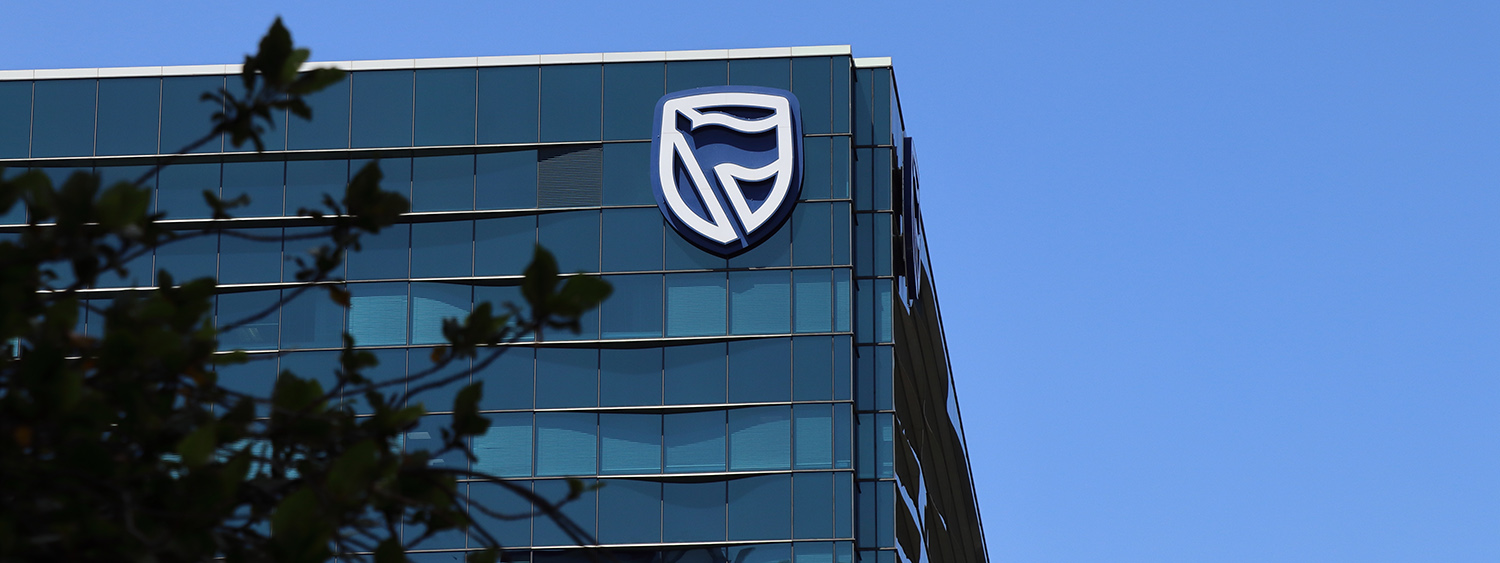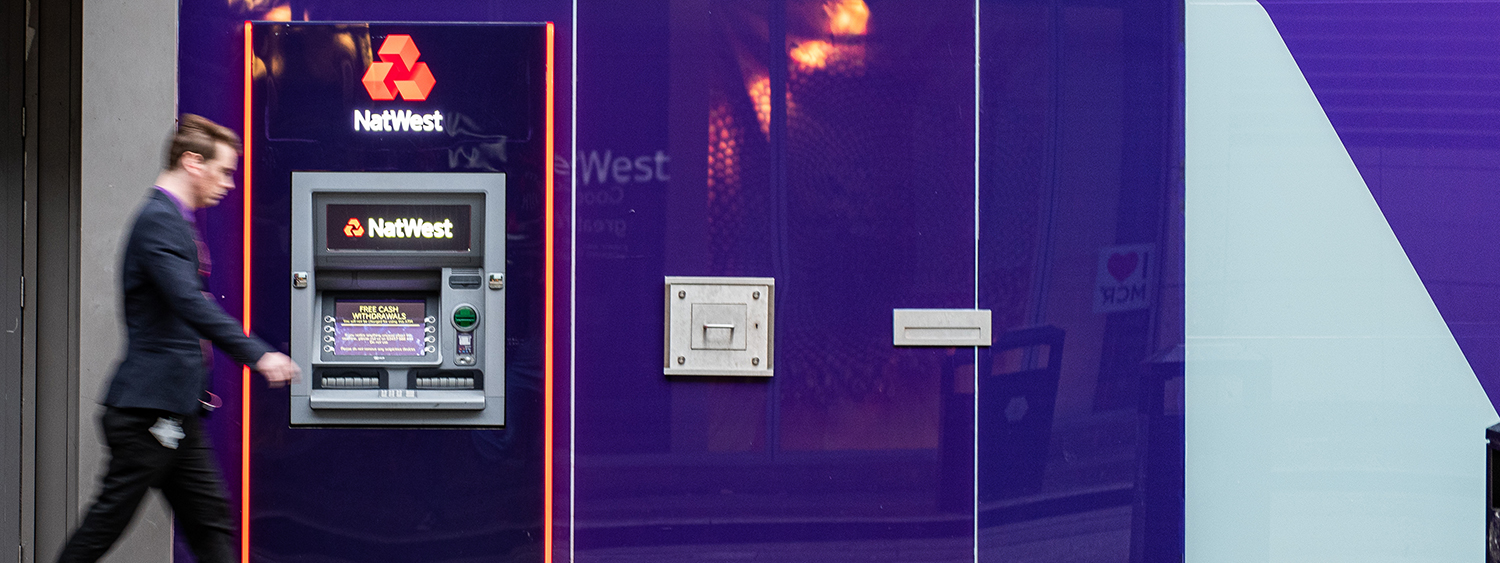
Anne-France Mariacher
La Fresque de l'Economie Circulaire
Co-Founder
According to Anne-France Mariacher, the latest edition of the Circularity Gap Report shows we need to start rethinking our consumption and business models.
Imagine a civilisation that would annually build a 10-metre wide wall around their planet (40,000 kilometres), using resources it takes billions of years to create. This wall would reach a height of 250 metres.
Not content with it, they would each year build a wall even bigger than the previous one, only reusing a tiny share of pre-used material.
The material extraction would lead to irreversible resource scarcity and massively contribute to the degradation of the planet’s environment.
This is the story that The Circularity Gap Report 2023 tells us!
Globally, we extract more than 100 billion tonnes of virgin materials per year, with no sign of diminishing. If we do not take significant action, we could reach a level of 184 billion tonnes by 2050.
Currently, we only reuse a paltry 7.2% of virgin materials – a ratio which keeps deteriorating (9.1% in 2018, 8.6% in 2020)!
Population growth plays its part but in a much more impactful manner, the material demand per person is growing, revealing our unquenchable thirst for more. Especially in ‘shift’ countries, i.e. the world’s highest-income countries, which deliver high standards of living but consume the majority of the world’s materials.
Recycling and reuse are not the real levers
To reduce material extraction, recycling is a major lever enabling the reintegration of resources in our system, retaining their value instead of destroying it.
Reuse, whatever its form, second-hand products, refurbishing or remanufacturing, also offers opportunities to slow down the rate of use of virgin materials.
But the real lever to decouple our economy from resource pillage lies in our ability to rethink our consumption towards sufficiency and to invent new business models, by enhancing products’ lifespan, intensifying their use (if we are to extract materials, they should be used!) and quitting a volume-seeking model toward a value-offering model.
A wide and rich scope of action towards new ways of satisfying our needs
The collaborative economy and its multiple initiatives (e.g. Airbnb, Repair Café) are now known to all and participate in this intensification of the use of our resources. If these initiatives are not free of negative effects, they contribute to recreating social links and territorial dynamism.
The ‘product-as-a-service’ approaches are another counterpart of these proposals for access to use, independently of possession.
The rental offer is a good example. In addition, it is a powerful means of combating programmed obsolescence, since it is in the lessor’s interest to favour products that are sober, repairable and have a long operating life. Nevertheless, it is still necessary to go further…
This new type of business model is only possible with an extensive long-term, ‘sustainable’ collaboration between partners and has a triple benefit (customer, supplier and planet/environment). It makes it possible to abandon the deleterious race for volume in favour of a common search for value creation.
Michelin tires go a long (circular) way
The evolution of Michelin’s offering is instructive in this regard. Facing competition from low-cost tires, Michelin initially launched a ‘pay per kilometre’ offer allowing large vehicle fleet operators to access premium products without investing in the purchase.
This met with limited success, but Michelin’s second tires-as-a-service proposition did not: it started focusing on fuel savings by offering a package that combined quality tires, training in eco-driving and data analysis to easily reduce costs, improve productivity, and make fleets more sustainable.
This new type of business model is only possible with an extensive long-term, ‘sustainable’ collaboration between partners and has a triple benefit (customer, supplier and planet/environment). It makes it possible to abandon the deleterious race for volume in favour of a common search for value creation.
Decathlon recently tested a monthly subscription allowing access to a range of sports equipment in Belgium, adding a social dimension to this type of approach. A family with a limited budget will be able to practice multiple sports without straining its budget and without generating significant externalities.
These approaches are based on the intensification of use and thus contribute to minimising resource use and reducing impacts and externalities. They require collaboration and mutualisation. Nevertheless, one must remain vigilant about real externalities and potential rebound effects.
The Circularity Gap Report sheds light on our predatory system, but involuntarily reinforces the idea that the solution is about recycling. And yet, fulfilling human needs without overshooting planetary boundaries is not just a question of figures and materials, but rests on our ability to build a society with new imaginaries and models.
This article was first published on ESCP Business School's media, The Choice.








